Technology and digital innovation transformed how we work, allowing us to adapt to remote and hybrid arrangements when needed. Despite that, stress and burnout remain prominent issues among workers everywhere. In a feature on work stress and burnout recovery, vacations were found to help erase stress and prevent burnout — to an extent. A study carried out on teachers before and after holidays found that they returned to work feeling refreshed and engaged for just a month. To counter the short-term solutions, experts recommend occasional breaks longer than just a weekend for better recovery. However, a career break may be the answer when all else fails.
What is a career break?
A career break is a break from employment. Unlike vacations and leaves, where we spend time away from work knowing we’ll return to it afterwards, career breaks last longer. Essentially, a gap year for the working age.
So why are career breaks necessary? In some cases, taking a vacation as a leader (or even just a regular employee) can be counterproductive, with emails and calls piling on despite your Do Not Disturb settings. Before long, it starts to feel like another vacation is needed from the vacation to catch up with the tasks you missed. Some professionals also get stressed thinking about the work they must do when they return. This dilemma has led to an epidemic of unused vacation time among professionals. After all, why take time off when you know that work will find its way into your vacation anyway?
Instead of vacations, career breaks are the new trend. Proliferated by the pandemic and many reflections while in lockdown, people began reevaluating their career plans while others rediscovered forgotten interests. When the world was put on a seemingly momentary pause, it launched many workers into career breaks they didn’t know they needed and led them to new work opportunities where they were happier or more satisfied. In today’s post- pandemic age, people looking for a way out of toxic work environments or feeling stuck in their career trajectories are seeking career breaks to help them figure things out. Usually, they spend these breaks traveling and discovering the world, which can lead to amazing personal growth.
How to take a career break for travel and adventure
As tempting as career breaks may sound, it still requires some planning. After all, leaving your routine of employment and the security of financial stability is a big decision that shouldn’t be made on a whim. Below are some tips to help you take the career-changing plunge:
Plan your finances
Taking an indefinite break from your employment can threaten your finances. With the added costs of travel, the wrong decisions could end up costing you and causing you more stress instead of providing you time for relaxation and reflection. This means you will need to save up enough for this break, especially if you plan on traveling a lot. It’s not the most fun advice to hear, but it’s definitely essential if you don’t want to end up broke or directionless post- career break. Work on building your fund as early as possible. You can also consider earning on the side as you reevaluate your life. For example, Colleen Attia took a career break in 2018 and worked as a driver for Uber and Lyft and as an Instacart Shopper. This ensured she still had some income coming in.
Utilise your administrative skills
Truthfully, it’s not easy to take a career break without some guilt. Obviously, you don’t want to burden your colleagues by leaving behind a considerable workload and jetting off to your career break—that would be unprofessional, to say the least. As such, proper planning is critical to ensure a smooth transition, and you will need to maximise all the hard-won administrative skills you’ve picked up through your career: attention to detail, excellent communication skills, organisational skills, and a sense of promptness to handle everything well and leave your responsibilities with grace. Anthony Klotz, an organisational psychologist, and professor at Texas A&M, advises that you should consider how to minimise the impact of your absence on your organisation. For a seamless departure, Klotz recommends offering concrete suggestions in your resignation email, like creating a transition plan for training your replacement or offering a flexible notice period. A little consideration and efficient planning can ensure you don’t burn any bridges.
Consider the purpose of your break and travel
This will differ depending on your current job and situation. Some people take career breaks because they no longer feel satisfied or challenged at work. Others do so because work, unfortunately, becomes draining over time. For those who feel more adventurous about their lives, a career break can also be the perfect time to learn new skills and interests. Learning is doing, and a career break can often be the right amount of time for you to explore activities you’ve only ever read or dreamed about. Whether it’s public speaking or camping, or even volunteering opportunities abroad — taking the time to decide why you want a career break is the best way to make sure this time doesn’t go to waste.



